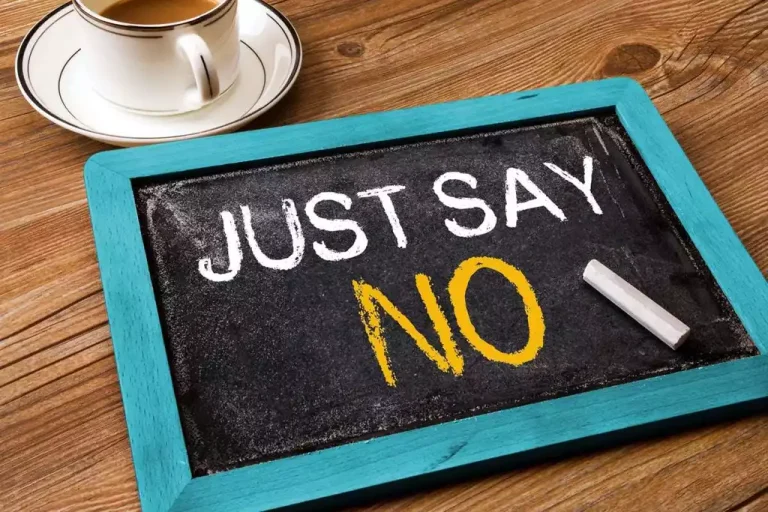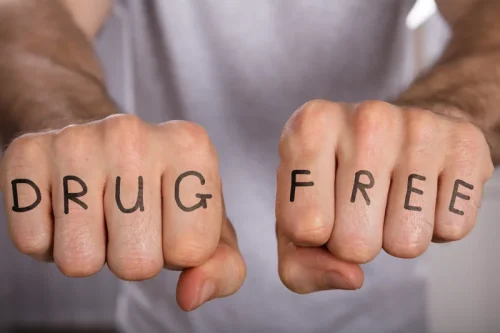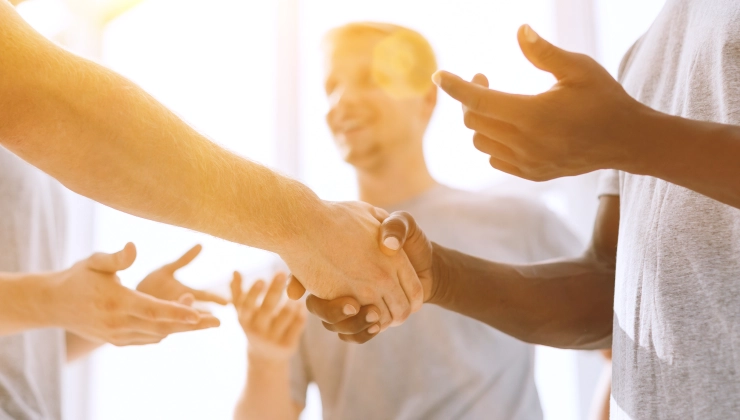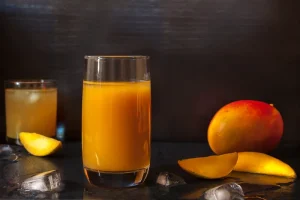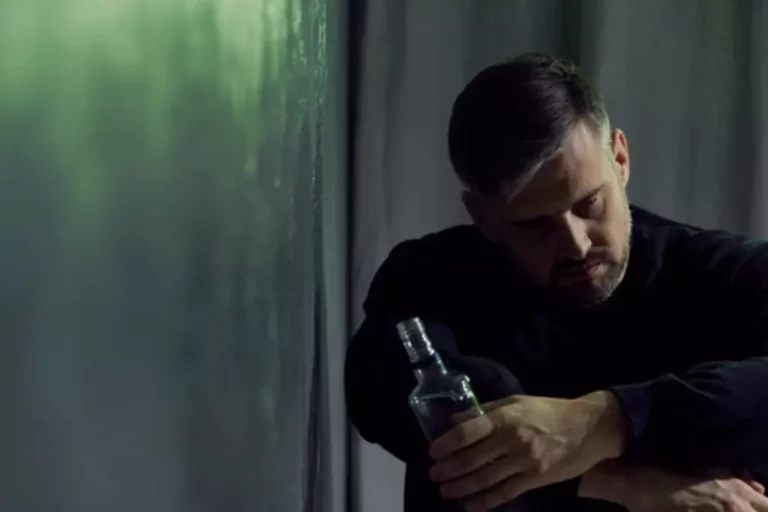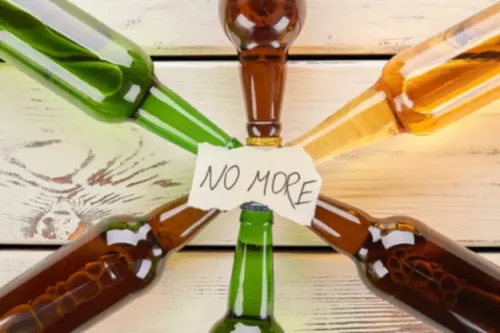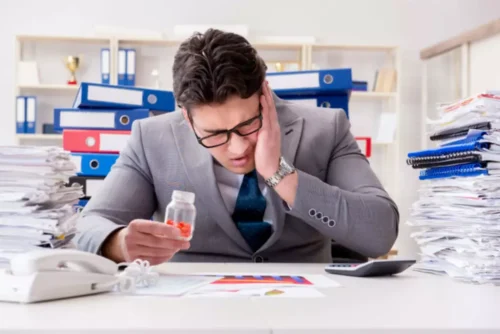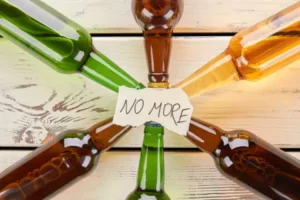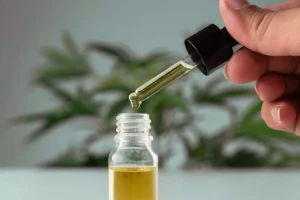
If you have to return to our treatment facilities, it might cause your insurance company to question if our treatment process is truly working for you. They may not feel like your recovery is going to succeed with another round of residential. After all, this around-the-clock care is extremely expensive for them. Anyone who experiences a relapse may benefit from going back to drug rehab. If the relapse resulted in significant drug use, it might help to go through detox again at a facility.
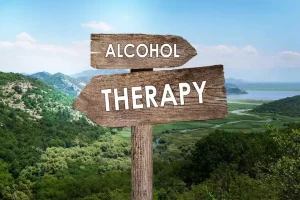
Should I Go Back To Rehab?
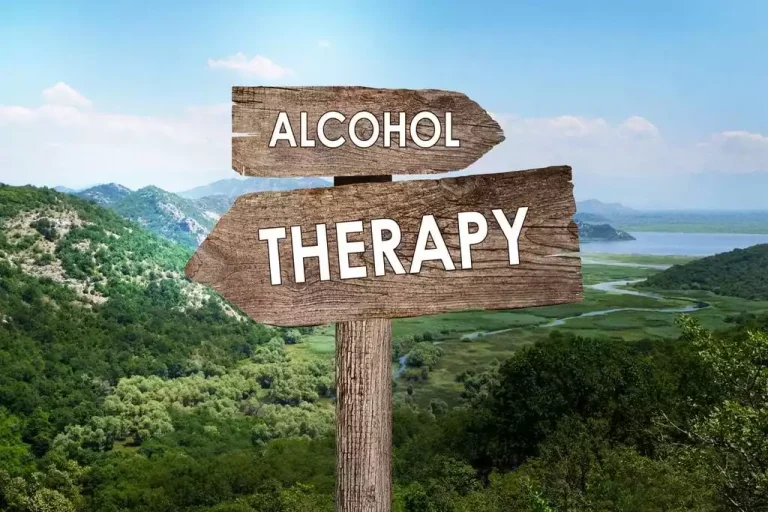
For others, it might be a negative life event or stressor that seems too difficult to handle (such as divorce or loss of a loved one). Being Sobriety aware of your triggers is the first step in understanding how to prevent relapse in the future. It can help you have insight so you’ll know how to best cope when things feel like they’re too much to handle. Being aware of the red flags that may signal an impending relapse is crucial so that you can take precautionary measures. These include techniques such as avoiding situations that trigger cravings or implementing better stress management tools. However, remember that it’s not always possible to prevent relapse, so promise yourself that you’ll seek treatment as soon as possible at a rehab facility if it does occur.
- By tailoring treatment methods and employing personalized strategies, addiction treatment can be more effective, supporting long-term recovery for individuals facing substance use disorders.
- Discover how yoga therapy for recovery supports physical, mental, and emotional healing on your journey.
- You will be able to relate to other people who are receiving treatment and forge friendships.
- This means you can get the rehab treatment you need without risking your job – as long as you meet the requirements and follow proper procedures.
- While it’s true that rehab isn’t a guaranteed success for everyone, if you have those in your pocket, you’ve got no reason to doubt rehab will benefit you.
Recovery is a Journey, Not a Quick Fix
- However, once tolerance wanes, this previous dosage can prove harmful.
- You may also begin to experience a less robust normal release of dopamine in response to natural rewards like eating, exercise, or sex.
- For example, maybe you went through a medical detox and then transitioned to a much lower level of care.
- Before your first day back, it’s a good idea to connect with your HR department or immediate supervisor (whoever you went through to obtain your leave).
No matter what stage our guests enter treatment, we strive to meet them right where they are. Explore the risk and response to the question, “Can you overdose on pain medication?” Learn to be safe. “Explore the journey of Self-Injury Awareness Day, its impact, resources, and ways to promote understanding.” 10% of US adults struggle with a drug use disorder at some point in their lives, according to…
Drug & Substance Abuse FAQs
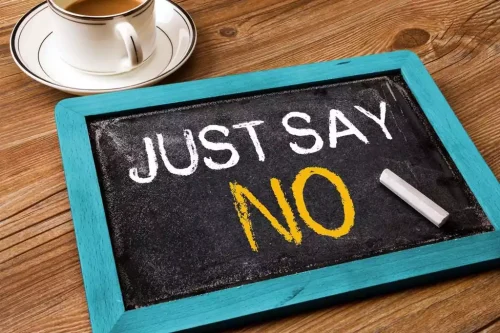
Believe it or not, your experience with relapse can be extra helpful to the people you meet in rehab. Be open with the people you meet in rehab and share with them what they may be able to do, from your going back to rehab perspective, to avoid a relapse. Start strengthening your support network, and be honest with these people about what is happening in your life.
- Similarly, someone who goes to rehab but doesn’t engage in treatment with the goal of recovery won’t have the same experience as someone who does.
- At this point you may wonder if you’ve made the right decision to enter treatment.
- Being aware of your triggers is the first step in understanding how to prevent relapse in the future.
- It’s likely there is a sweet spot in terms of how long active recovery should last to maximise its benefits (more on this later).
Accept your journey.
This article will take a closer look at why relapses occur and how returning to rehab for a second time might be just what you need to increase your chances of long-term success. You may also be struggling with feelings of shame and regret, or thoughts that you have failed. It is important for you to know, however, that relapse is very common and does not signal the end of your recovery journey. The research would suggest the benefits are likely to be small at best. But there doesn’t seem to be any research suggesting active recovery is less effective than doing nothing, so at worst it certainly won’t cause any harm. First, the way in which active recovery is applied in the research varies as lot.
